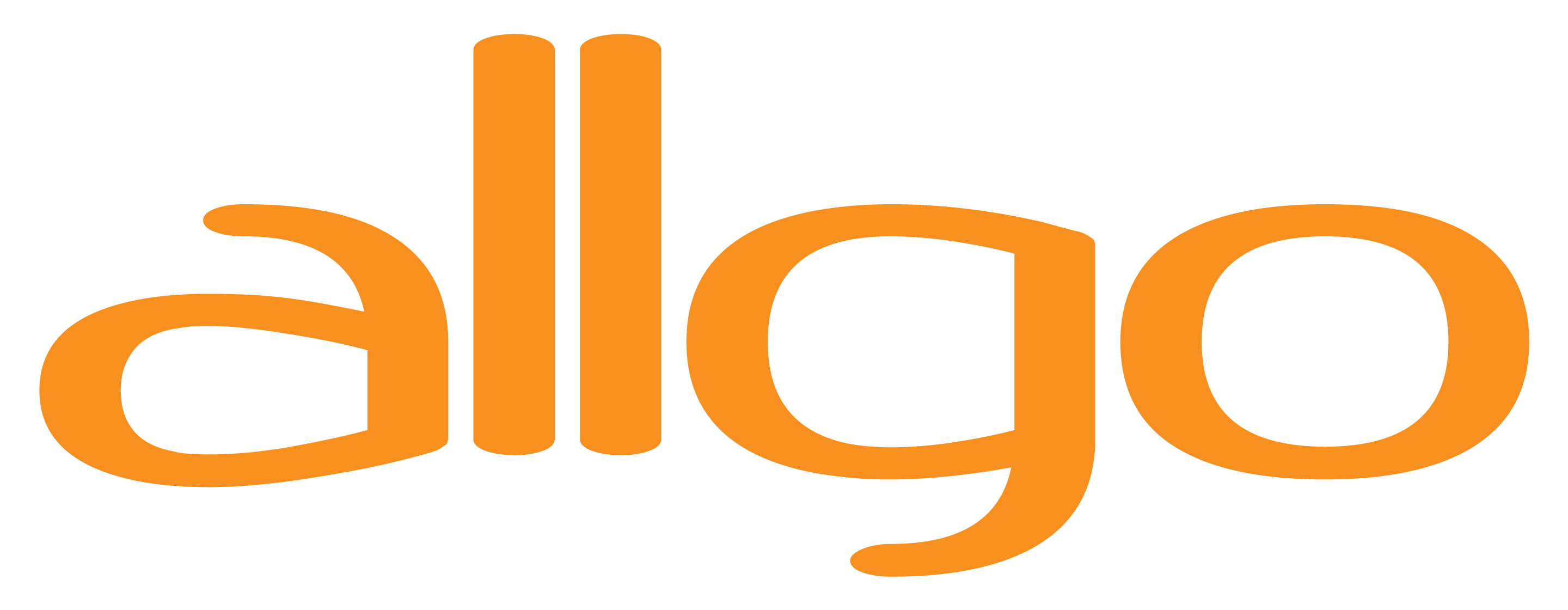By ena ganguly
I was diagnosed with Poly Cystic Ovarian Syndrome, PCOS, when I was in high school. It’s a really common chronic illness that creates insulin resistance and sensitivity in the body, along with cysts in the ovaries, hair loss, and weight gain. I read and reread materials related to PCOS to see if I could control it somehow, and so my journey to claim my body ensued.
I researched vegetarian and vegan based diets, and read through animal rights books and books on plant-based lifestyles. I even watched those gruesome documentaries that are made to get people to stop eating meat. PCOS experts advised people to eat a ‘free’ diet. A diet free of dairy, free of eggs, free of meat, free of rice, free of oil, free of gluten, free of sugar and the list continued. After being constantly pressured by my family physician and gynecologist to ‘eat right’, which is always stressed upon those who are bigger and fatter compared to thin people with the same illnesses, I decided to venture into eating vegan.

When I told my mom, she cried. “Ebar kokhun tui bhaath mangsho khabi?” Now when will you eat mutton? It was annoying then, I felt she was overreacting, but when I think about it now, it breaks my heart. Quite honestly, I became a vegan missionary. At the tender age of 14, I proselytized to my friends about eating ‘right’ during lunch time as they rolled their eyes at me over their hot dogs and hamburgers. I shamed many people around me then, and it’s a wonder they still wanted to be friends with me! I had no class, race, or health analyses, but because I had read a few books and watched a documentary, I thought of myself as an expert. By no means was I one.
I gave up all animal products for about five years. I don’t really remember if I had less chronic pain, but my period was still irregular. Almost all the symptoms for PCOS remained though I did feel more clarity and had more energy.
It wasn’t till I went to India that I began to eat meat and seafood again. How could I not? The meat and fish were fresh. My relatives knew the people whose eggs we bought from. My grandmothers, baba (dad), and aunts cooked the food especially for me. No, there was absolutely no way I could keep myself from eating my childhood favorite: mutton curry. And miss sucking the marrow out of the bone? Forget about it.
Like most people of color, my community comes from a history of being starved, experiencing drought, and unbearable human labor because of exploitation by colonizers. Scarcity shaped our food culture. As a result, food is a close and treasured aspect of our culture, especially meat and seafood, which is considered a luxury. (By no means are all Indians vegetarian. We enjoy white rice with mutton stew, egg curry, fish head, and fried fish eggs with relish.)
After a few years of leading a mostly plant-based lifestyle in the states, I started to incorporate fish and eggs back into my diet. It was important for me to begin eating those foods again, as they spoke to me culturally, and my body craved them. I believe this was a part of my journey to reclaim my diet on my own terms. Just as I ate vegan to explore and examine my eating habits, I began to eat animal products again. Slowly, I began to eat chicken, beef and pork, from time to time.
Sometimes, my body responds well and sometimes, it leads to inflammation, so it’s more important for me now to listen to my bodily needs, because my body does speak to me, and really try to meet those needs in the best way possible. As for health care providers, I try my best not to take their feedback on my weight, diet, etc too seriously, because they think they’re doing their job correctly, no matter if it isn’t leading to a better health outcome for their patient. They continue to push eating ‘healthy’ on me, and that’s just such a relative term for me now. I can’t assume what’s healthy for any one else, sometimes, not even me, but I do keep trying to be mindful about my eating and moving as I navigate this life, this body with a chronic illness.
I still don’t cook any meat at home, but I’m a social meat eater, and I’m getting more comfortable with that every day.
More than that, I must always remind myself, there is no right way to eat. Our diet, like our gender and sexuality, can be fluid. Indeed, the world holds diverse food diets that adapt to circumstance, and we are descendants of people who have done so for millennials.
As I navigate through my food choices, even now, I must also learn to navigate through the feelings food triggers in me. It is indeed a journey, and by no means have I come to an answer about where my diet lies and I think that’s the whole point. Many of us have been programmed to believe that no matter what we do, how we eat, we will never be doing enough. We will never be enough. Well, I don’t want to live like that. Who knows what will happen tomorrow? No matter how ‘free’ my diet needs to be, I will continue to enjoy sucking the marrow out of mutton.
How and what do you like to eat? Share with us on Facebook, Twitter (@allgqpoc), and Instagram (@allgqpoc).


